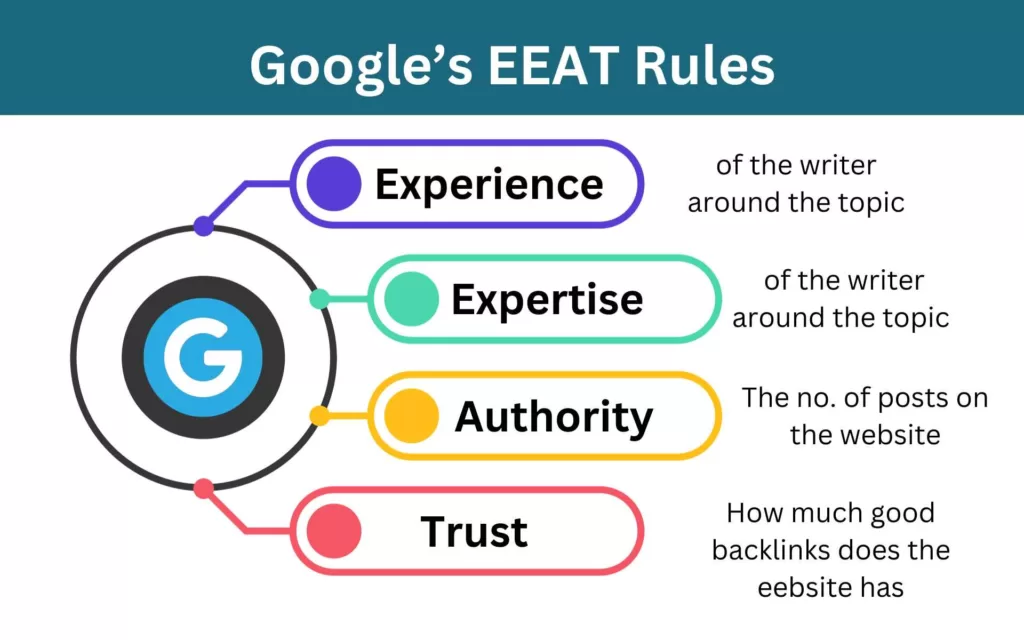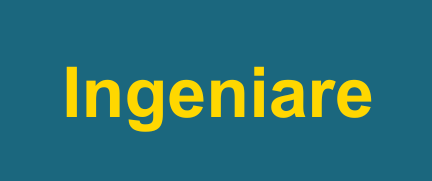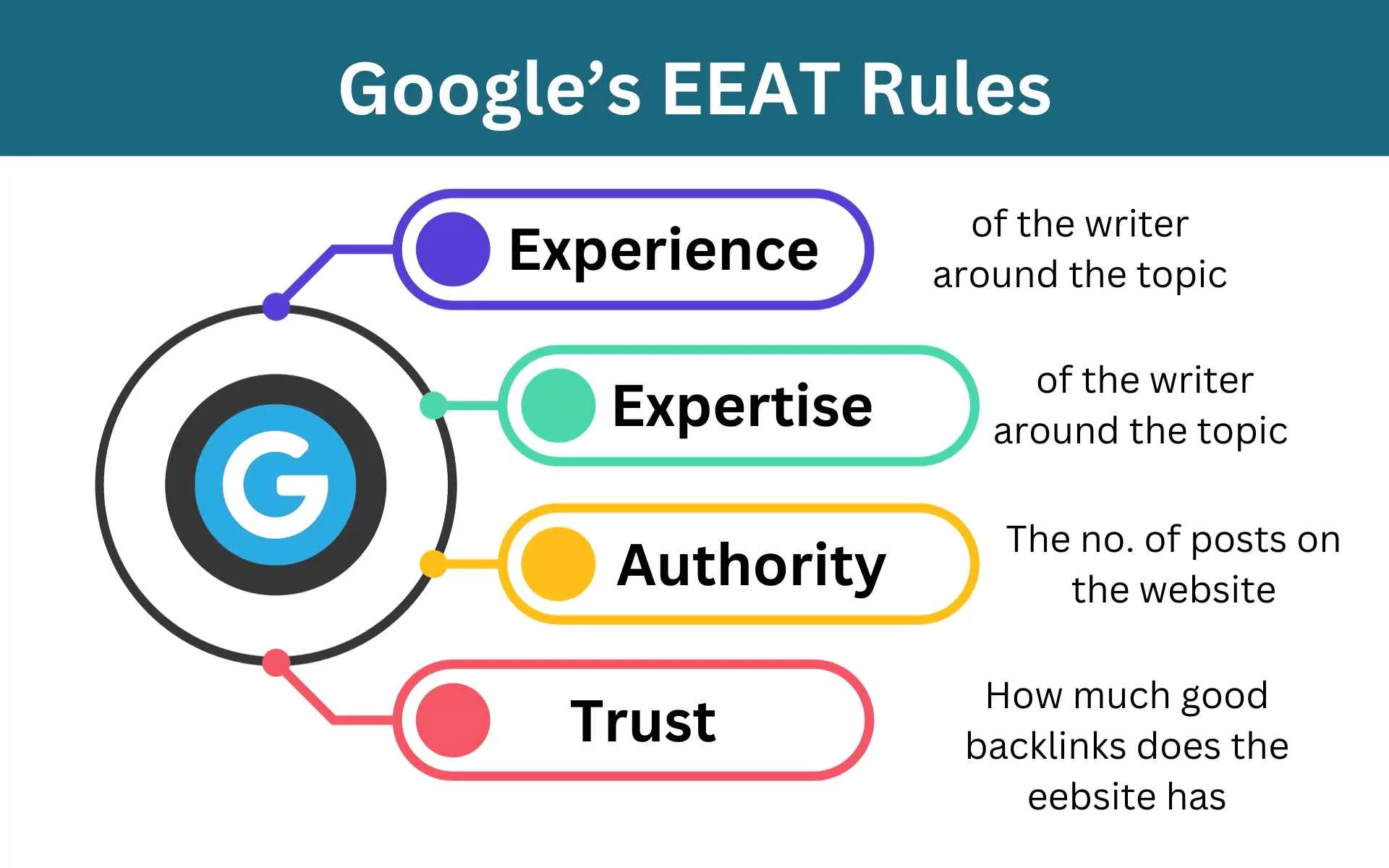EEAT is the summary of all the rules, guidelines and best practices that are used to rank a website in search queries. They stand for Experience, Expertise, Authority and Trust.
Table of Contents
What is EEAT in SEO?

EEAT is the culmination of years of tracking website’s performance through several hundred factors. All of these factors can be summarized as EEAT which means Experience, Expertise, Authority and Trust. If a website owner or SEO takes adequate care of all four aspects, they can easily rank their website on Google search.
Experience
Experience means whether the writer of any article, blog, webpage, etc., has actually used or experienced the product or service on their own. Google wants only real users of the products write about them because it leads to the addition of new information which was might not be present in the internet.
Expertise
Expertise means whether the writer is expert enough to tell others about the product or service. This was done to improve the accuracy of the information that is being sent to the end user who is reading that specific article or blog post. For example, when you are searching about tax filing, a tax practitioner would be in better position to explain than an individual who files tax. Again someone who has filed tax would be more valuable than someone who just knows the rules and has never filed tax returns.
Authority
Authority is the measure of how much information does a website have on a given topic. It helps search engines know if you have all the information required to satisfy a user’s query and check whether the information is deep enough.
Websites with higher authority usually tend to have higher number of in-depth articles around a given topic. But, it should not be misunderstood as the number of articles. Higher authority is
Further, authority is built over time. Posting a huge number of articles in a very short period of time violates Google’s policy of generating content in bulk. Often these websites are punished and de-indexed from Google.
Below is a screenshot of a website which lost traffic due to bad content. The website was created by Mark William Cook to test AI content strategies. Though it had 10,000 pages, all pages were filled with AI content. The website was later punished by Google.

On the other hand, a website which has consistently posted articles over time, accumulates higher authority over the period and therefore maintains a consistent ranking over time.
Below is an example of news website which ranks well on Google. It has 1886 articles that were posted since 2006.

Trust
Trust is the measure of how much other websites trust your website. This is usually seen as the number of high quality and industry related backlinks that your page has.
High quality backlinks mean those which come from website that already have a very high EEAT score. Typically these websites are well recognized within their industry.
For example, AHREFS, a well known SEO tool company can be considered a trustful website because it has a very high number of (4 million+) backlinks.

This helps Google know that the website is highly trusted by a huge number of users/websites. So, when AHREFS posts something, it easily gets to the top page of Google. Though, the page is still examined for quality.
For the search term, “top seo factors”, we can see that AHREFS easily ranks for the term on Page 1.

Why is EEAT Critical for Better Google Rankings
Google is a search engine, therefore it would always want that users who use it to search for information would always find relevant, updated and accurate information.
To make sure that information is relevant, it uses experience as a metric.
For accuracy of information, it should have been written by an expert who has some experience in the field.
Again, a website would only be considered an authority over a certain topic if they have demonstrated a good understanding over that topic. Google only comes to know this when it finds interlinked articles in your website around any certain topic.
Finally, trust is build when people show confidence on your shared information. This trust in the world of websites is generally shown in terms of backlinks, which are links from other websites that link to yours. Usually the more backlinks from high quality websites you get, the better is your trust score.
A Secret Metric
There is one more metric to compare websites which fulfill all the above criterion. This metric is the freshness of information. The fresher the information is, the better are its chances of ranking, provided that all other criteria are fulfilled.
Fresh information would include recent developments in the product or service that is being discussed in the post or webpage.
How to Best Optimize EEAT for Your Website?
Below are a few suggestions to improve on all factors that constitute the EEAT score that I have learnt over the last few years working as SEO.
Experience
- Before writing about anything, make sure you have used that product/service or have gathered user reviews.
- Write about your personal and other people’s experiences in the page/post.
Expertise
- Gather knowledge and expertise via online courses, seminars, discussions, and other networking events.
- If you have a degree such as an MBA, make sure to include it in the about the author section. There are several free courses where you can built your expertise.
- Include a brief detail about the person writing the page/post.
Authority
- Before you hope to see some traffic on your website, make sure you have covered the topic in depth. In my experience, it takes 100+ articles on an average to build authority. This number varies in different search terms.
- In YMYL niches, do not try to post AI content because it adds no new value to the information available online.
Trust
- Only acquire backlinks that have a low spam score. You can check spam score online with any free tool.
- Do not engage in getting links from websites that link to a lot other websites.
- Google keeps a tab on websites that sell links, make sure to avoid them.
- Get involved in Press Releases which is emerging as a new trend for link building.
- Disown low quality backlinks. You can do this through the Google disavow tool.




